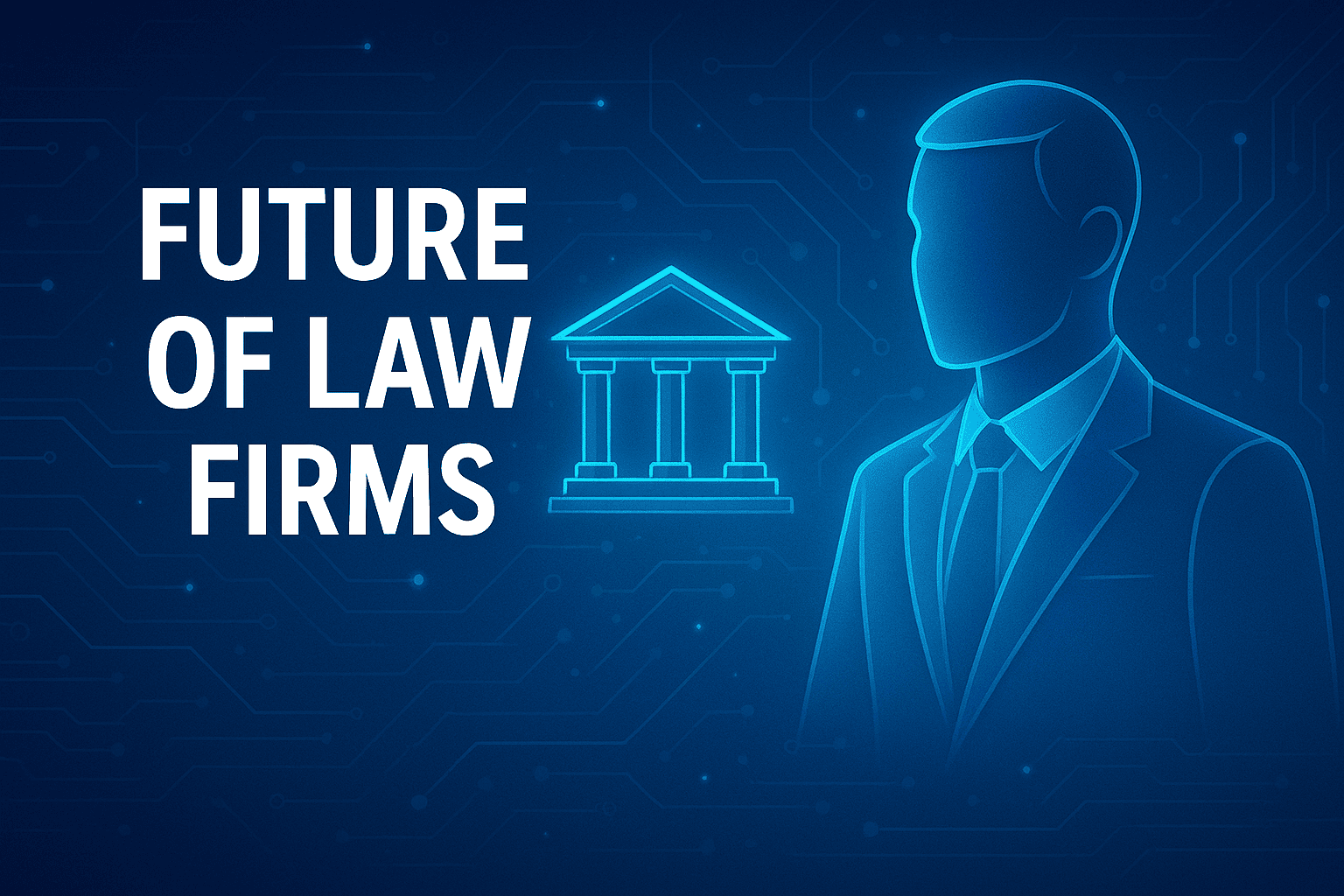The legal profession has long been associated with tedious paperwork, lengthy court proceedings, and a general lack of innovation. However, with the advent of artificial intelligence (AI) and machine learning, law firms are now embracing technology to streamline processes, increase productivity, and reduce costs. In this article, we’ll delve into the world of AI tools for lawyers, exploring the benefits, applications, and future prospects of this rapidly evolving field.
What is AI in Law Firms?
AI in law firms refers to the use of computer algorithms and machine learning techniques to automate routine tasks, analyze data, and provide insights that inform decision-making. This technology has the potential to revolutionize the way law firms operate, from contract analysis and due diligence to litigation and regulatory compliance.
Benefits of AI in Law Firms
The benefits of AI in law firms are numerous and far-reaching. Some of the most significant advantages include:
- Increased productivity: AI tools can automate routine tasks, freeing up lawyers to focus on high-value work and strategic decision-making.
- Improved accuracy: AI algorithms can analyze large datasets and identify patterns and trends that may elude human lawyers.
- Enhanced client experience: AI-powered tools can provide clients with timely and accurate information, improving communication and reducing wait times.
- Cost savings: AI can help law firms reduce costs by automating tasks, minimizing the need for manual data entry, and streamlining processes.
11 AI Tools for Lawyers
So, which AI tools are making waves in the legal industry? Here are 11 of the most popular and highly anticipated AI automation solutions:
- Clio Duo: Powered by Microsoft Azure OpenAI GPT-4 technology, Clio Duo is a secure, AI-powered solution that helps increase productivity and efficiency.
- CoCounsel: A large language model powered by OpenAI, CoCounsel is a reliable and secure AI legal assistant tool that supports the practice of law.
- Harvey AI: Using a mix of natural language processing and machine learning, Harvey AI is an AI-powered legal research tool that’s touted as “unprecedented legal AI.”
- ChatGPT: An AI-powered chatbot from OpenAI, ChatGPT responds to open-ended text queries with paragraphs of text-written answers.
- Diligen: A machine learning-powered analysis tool that helps review contracts for specific clauses, provisions, or changes.
- Auto-GPT: An experimental open-source attempt to make GPT-4 fully autonomous, Auto-GPT is a potential AI tool for lawyers.
- Smith.ai: An outsourcing platform that uses a “virtual receptionist” to answer calls for lawyers and law firms.
- Gideon: An AI-powered chatbot that integrates with Clio, Gideon is a client intake and document automation tool that leverages AI for legal document creation.
- Darrow.ai: A Justice Intelligence Platform that uses generative AI, natural language processing, and large language models to analyze and sort publicly-available data.
- ContractPod AI: A contract analysis and review tool that uses AI to identify potential issues and provide recommendations.
- LawGeex: An AI-powered contract review platform that uses machine learning to analyze and review contracts.
How to Choose the Right AI Tool for Your Law Firm
With so many AI tools available, how do you choose the right one for your law firm? Here are some tips to consider:
- Assess your needs: Identify the specific tasks and processes that you want to automate or improve.
- Research and compare: Look into different AI tools and compare their features, pricing, and user reviews.
- Evaluate scalability: Consider the potential for growth and scalability when selecting an AI tool.
- Ensure data security: Choose an AI tool that prioritizes data security and compliance.
FAQs and People Also Ask
Q: What is the future of law firms with AI?
A: The future of law firms with AI is bright, with the potential for increased productivity, improved accuracy, and enhanced client experience.
Q: How do AI tools for lawyers work?
A: AI tools for lawyers use computer algorithms and machine learning techniques to automate routine tasks, analyze data, and provide insights that inform decision-making.
Q: What are the benefits of AI in law firms?
A: The benefits of AI in law firms include increased productivity, improved accuracy, enhanced client experience, and cost savings.
Q: Which AI tools are making waves in the legal industry?
A: Some of the most popular and highly anticipated AI automation solutions include Clio Duo, CoCounsel, Harvey AI, ChatGPT, Diligen, Auto-GPT, Smith.ai, Gideon, and Darrow.ai.
Q: How do I choose the right AI tool for my law firm?
A: To choose the right AI tool for your law firm, assess your needs, research and compare different tools, evaluate scalability, and ensure data security.
Q: What is the difference between AI and machine learning?
A: AI refers to the broader field of computer science that involves creating intelligent machines that can perform tasks that typically require human intelligence. Machine learning is a subset of AI that involves training algorithms to learn from data and improve performance over time.
Q: Can AI tools replace human lawyers?
A: While AI tools can automate routine tasks and provide insights, they are not yet capable of replacing human lawyers. AI tools are designed to augment and support the work of human lawyers, not replace them.
Q: How do I get started with AI in my law firm?
A: To get started with AI in your law firm, begin by assessing your needs and researching different AI tools. Evaluate the potential benefits and challenges of implementing AI in your firm, and consider seeking guidance from a technology expert or consultant.
Conclusion
The future of law firms is bright, with AI tools revolutionizing the industry and improving efficiency, productivity, and accuracy. By understanding the benefits and applications of AI in law firms, lawyers can make informed decisions about which tools to implement and how to leverage them to drive growth and success. Whether you’re a solo practitioner or a large law firm, AI is an exciting and rapidly evolving field that’s worth exploring.
